Stress is a common problem that can have negative effects on your health. Luckily, there are some simple things you can do to help reduce stress. One of these is to keep an indoor plant in your home or office.
“The greatest wealth is health.” -Virgil
Research has shown that keeping indoor plants may help reduce stress levels. The study, conducted by scientists at the University of Exeter, looked at the effects of plants on psychological well-being in a controlled environment.
The study found that participants who were exposed to plants in a room reported lower levels of stress than those who were not.

Plants have been shown to have a number of benefits for mental health, including reducing anxiety and improving mood. The new study adds to the growing body of evidence that suggests plants can be used to help treat stress and anxiety.
If you’re looking for a way to reduce stress, consider adding some plants to your home.
The Science Behind Plant Therapy For Stress Relief
Stress is a common problem that can have negative effects on both our mental and physical health. While there are many different ways to deal with stress, one method that is gaining popularity is plant therapy or using plants to help relieve stress.
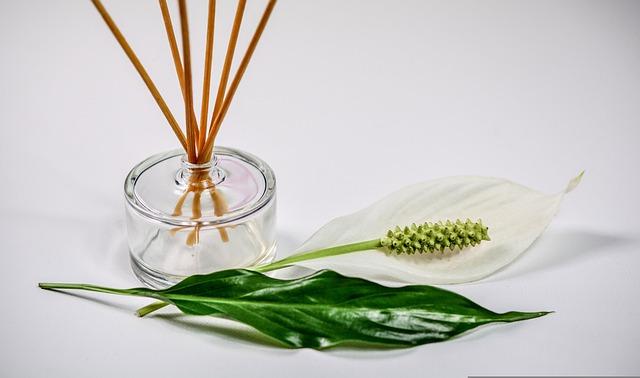
So how does plant therapy work? There are a few different ways that plants can help reduce stress levels.
- They provide a sense of calm and relaxation. Certain plants, like lavender, chamomile, and jasmine, release a natural scent that has been shown to help people relax. Inhaling these scents can help to lower heart rate and blood pressure, and reduce anxiety and stress.
- Another way that plants can help relieve stress is by increasing feelings of well-being and happiness. Studies have shown that interacting with plants can increase levels of serotonin, a chemical in the brain that is linked to happiness and positive mood.
So if you’re looking for a natural way to reduce stress, consider trying plant therapy. There are a variety of ways to do it, so you can find the method that works best for you. And who knows, you may just find that spending time with plants is a pleasant and relaxing experience in itself!
The Science Behind Indoor Plants For Stress Relief
Indoor plants are known to have a calming effect on people. This is because plants produce a gas called phytoncides, which helps to reduce stress levels. Phytoncides are also known to boost the immune system.
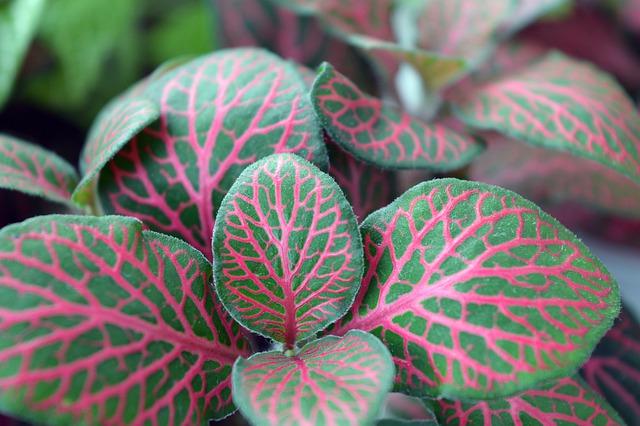
A study conducted by researchers at the University of Washington found that people who worked in offices with plants had lower levels of stress than those who did not. The study also found that plants can help to reduce noise levels and improve air quality.
Another study, conducted by researchers at the University of Texas, found that people who were exposed to plants for 20 minutes had lower levels of the stress hormone cortisol than those who were not.
The Benefits Of Plant Therapy For Stress Relief
There are many benefits to plant therapy for stress relief. One of the most important benefits is that it can help to lower blood pressure. This is important because high blood pressure is a major contributing factor to stress.
- It helps to improve circulation. This is important because when circulation is poor, it can lead to a build-up of toxins in the body which can contribute to stress.
- Additionally, plant therapy can help to boost the immune system. This is important because a strong immune system can help to fight off the effects of stress.
- Finally, plant therapy can help to improve mood and reduce anxiety. This is important because stress can often lead to feelings of anxiety and depression.
There are many different types of plant therapy that can be used for stress relief. Some of the most popular types of plant therapy include aromatherapy, massage, and acupuncture.

- Aromatherapy is a type of plant therapy that uses essential oils to promote relaxation.
- Massage is a type of plant therapy that uses pressure and/or movement to stimulate the body.
- Acupuncture is a type of plant therapy that uses needles to stimulate the body.
There are many different ways to use plant therapy for stress relief. Some people choose to use it on a daily basis, while others only use it when they are feeling particularly stressed.
Different products that can be used for plant therapy include essential oils, lotions, and candles. No matter how you choose to use plant therapy, it is important to find a method that works for you.
The Benefits Of Indoor Plants For Stress Relief
Indoor plants are not only aesthetically pleasing, but they also have some pretty amazing stress-relieving benefits. Studies have shown that indoor plants can help reduce stress, anxiety, and fatigue. They can also improve your mood, cognitive function, and overall well-being.
Here are some of the best stress-relieving plants to get you started:
1. Aloe Vera
Aloe vera is a succulent plant that is known for its healing properties. The gel from the aloe vera plant can be used to treat burns, cuts, and other skin irritations. But did you know that aloe vera can also help reduce stress and anxiety?
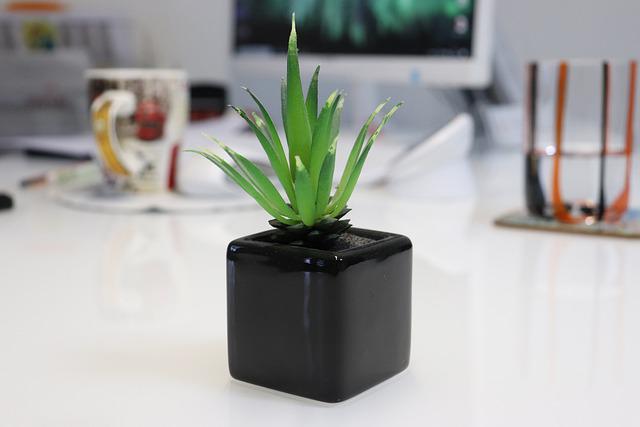
A study published in the Journal of Ethnopharmacology found that aloe vera extract can help reduce stress and anxiety in rats. The rats that were given aloe vera extract had lower levels of the stress hormone cortisol than the rats that were not given the extract.
2. Lavender
Lavender is a popular herb that is used in a variety of ways. It can be used to make essential oils, teas, and soaps. Lavender is also known for its relaxing and stress-relieving properties.
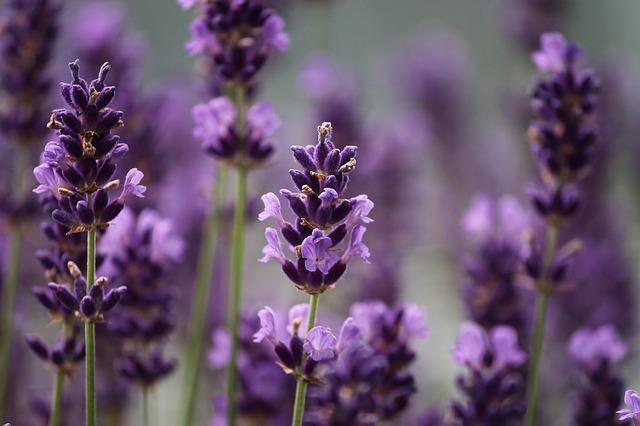
A study published in the journal Phytotherapy Research found that lavender oil can help reduce stress, anxiety, and depression. The study found that lavender oil was just as effective as the antidepressant drug imipramine in treating these conditions.
3. Rosemary
Rosemary is another herb that has a variety of uses. It is often used to flavor food, but it can also be used to make essential oils and teas. Rosemary is also known for its stress-relieving and anxiety-reducing properties.
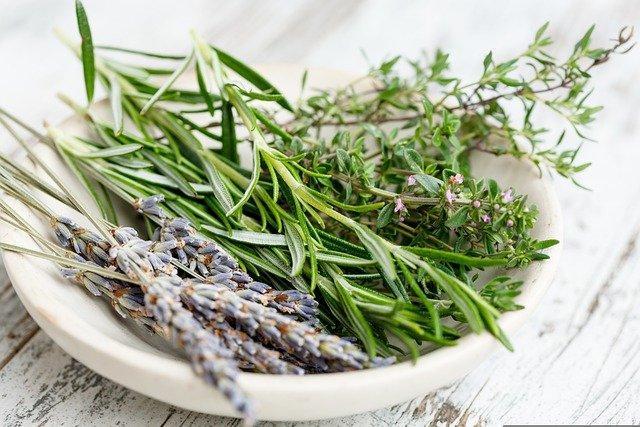
A study published in the journal Therapeutic Advances in Psychopharmacology found that rosemary essential oil can help reduce stress and anxiety. The study found that rosemary oil was more effective than the placebo in reducing stress and anxiety.
4. Chamomile
Chamomile is a popular herb that is often used to make tea. Chamomile tea is known for its calming and relaxing effects. Chamomile is also effective in reducing stress and anxiety.
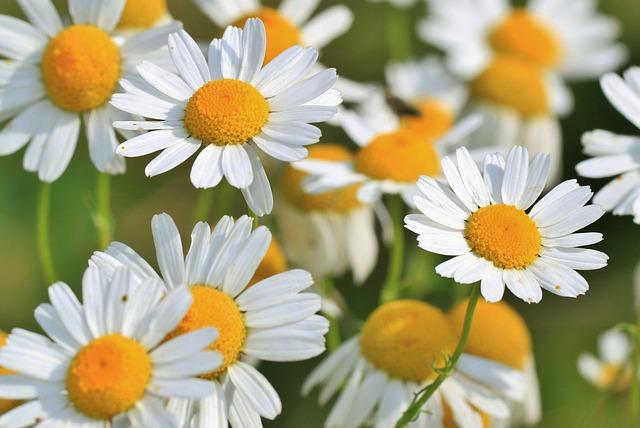
A study published in the journal Phytotherapy Research found that chamomile tea can help reduce stress and anxiety. The study found that chamomile tea was just as effective as the anti-anxiety drug oxazepam in reducing stress and anxiety.
5. Ginseng
Ginseng is a popular herb that is often used to boost energy levels and improve overall health. But did you know that ginseng can also help reduce stress and anxiety?
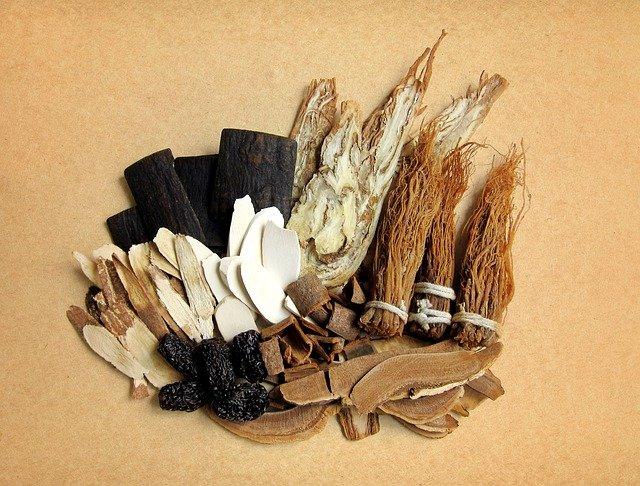
A study published in the journal Planta Medica found that ginseng can help reduce stress and anxiety. The study found that ginseng was more effective than the placebo in reducing stress and anxiety.
The Best Indoor Plants For Stress Relief
A recent study has shown that there are certain plants that can help relieve stress. If you’re looking for a natural way to reduce stress, consider adding one of these plants to your home.
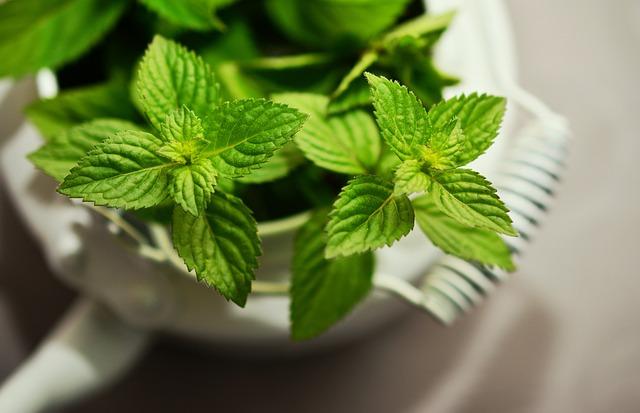
1. Aloe Vera
Aloe vera is a succulent plant that is often used to treat minor burns and cuts. However, this plant can also help reduce stress. A study published in the Journal of Ethnopharmacology found that aloe vera can help lower cortisol levels. Cortisol is a hormone that is released in response to stress.
2. Lavender
Lavender is a popular herb that is known for its calming properties. A study published in the journal Frontiers in Pharmacology found that lavender can help reduce anxiety and improve sleep quality.
3. Basil
Basil is a popular cooking herb that can also help reduce stress. A study published in the Journal of Ayurveda and Integrative Medicine found that basil can help reduce stress levels.
4. Rosemary
Rosemary is another herb that can help reduce stress. A study published in the journal Therapeutic Advances in Psychopharmacology found that rosemary essential oil can help reduce cortisol levels.
5. Ginseng
Ginseng is a popular herbal supplement that is often used to improve energy levels. However, ginseng can also help reduce stress. A study published in the journal Biological & Pharmaceutical Bulletin found that ginseng can help reduce cortisol levels.
6. Chamomile
Chamomile is a popular herb that is known for its calming properties. A study published in the journal Phytotherapy Research found that chamomile can help reduce anxiety.
7. Valerian
Valerian is a herb that is often used to improve sleep quality. However, this herb can also help reduce stress. A study published in the journal BMC Complementary and Alternative Medicine found that valerian can help reduce stress and improve sleep quality.
8. Lemon Balm
Lemon balm is a herb that belongs to the mint family. This herb is often used to improve mood and reduce stress. A study published in the journal Phytotherapy Research found that lemon balm can help reduce stress and improve mood.
9. Peppermint
Peppermint is a popular herb that is known for its refreshing properties. A study published in the journal Physiology & Behavior found that peppermint can help reduce stress.
10. Catnip
Catnip is an herb that is often used to keep cats calm. However, this herb can also help reduce stress in humans. A study published in the journal Planta Medica found that catnip can help reduce stress and anxiety.
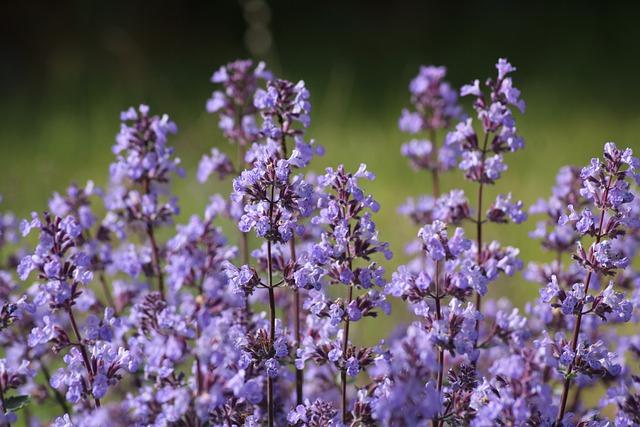
How To Use Plant Therapy For Stress Relief
Use plant therapy for stress relief by following these steps:
- Find a quiet place to sit or lie down.
- Close your eyes and take a few deep breaths.
- Imagine a peaceful place, such as a meadow or a forest.
- Picture yourself surrounded by calming plants, such as lavender or chamomile.
- Take in the sights, sounds, and smells of this peaceful place.
- Stay in this peaceful place for as long as you like.
- When you’re ready, open your eyes and slowly begin to move.
How To Use Indoor Plants For Stress Relief
If you’re looking for a natural way to relieve stress, you may want to consider using indoor plants. Studies have shown that plants can help to reduce stress levels and improve overall well-being.
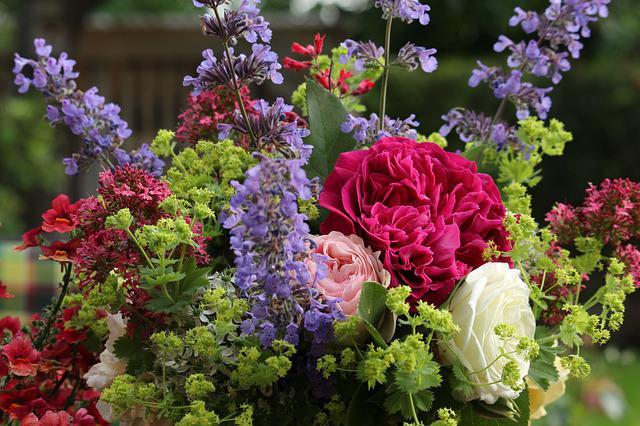
Here are a few tips on how to use indoor plants for stress relief:
- Choose the right plants. Some good options include lavender, jasmine, and chamomile.
- Place the plants in strategic locations. For example, you might put a plant near your workstation to help you stay calm and focused.
- Take care of your plants. This can be a relaxing activity in itself, and it will also help the plants to thrive.
- Spend time with your plants. Make sure to take a few minutes each day to sit with your plants and simply enjoy their presence.
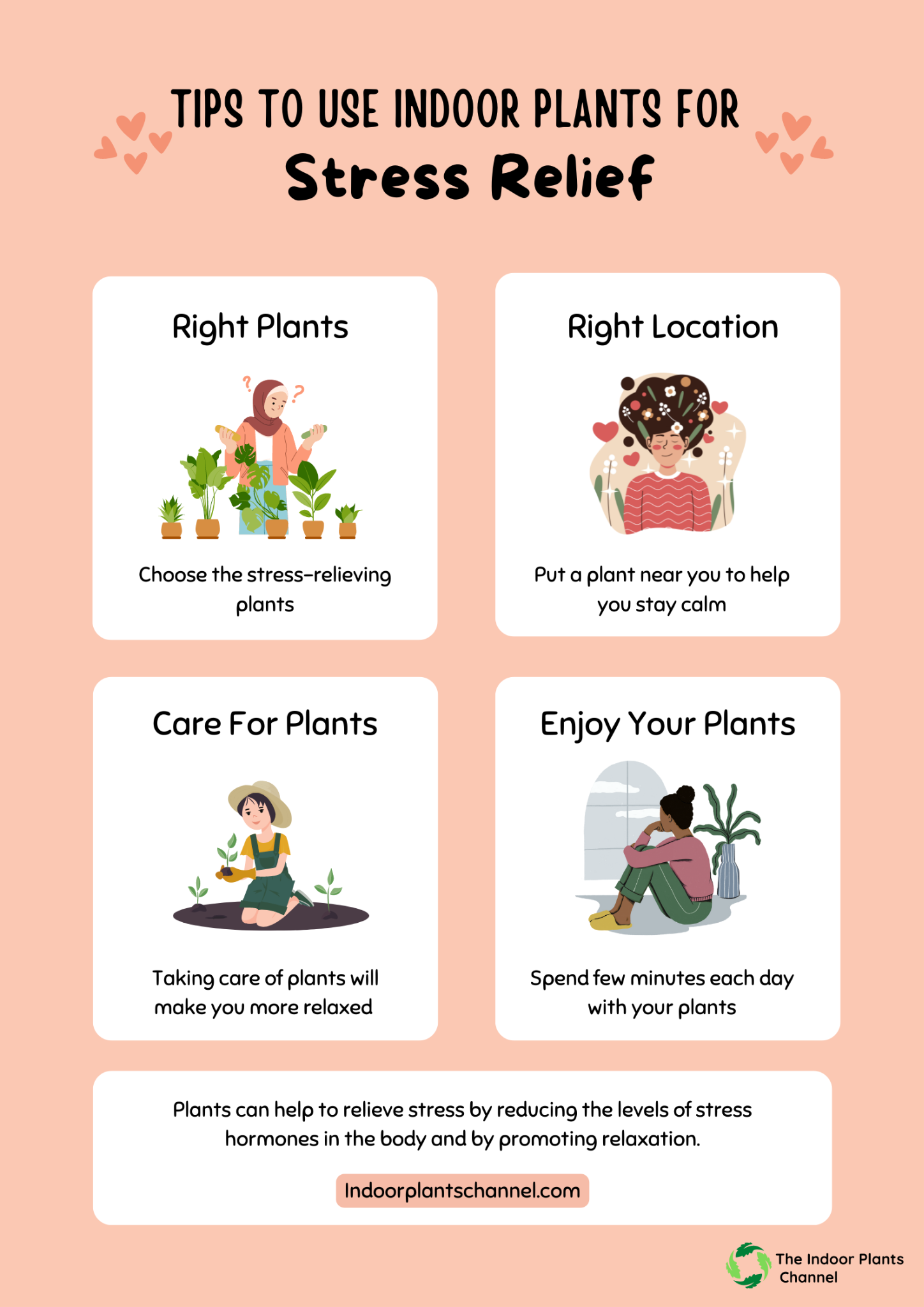
Frequently Asked Questions
- What is the latest research on treating stress with plants?
The latest research on treating stress with plants shows that they can be effective in reducing stress levels. Some of the most effective plants for treating stress include lavender, chamomile, and lemon balm.
- What are some of the most effective plants for treating stress?
Some of the plants include Lavender, Chamomile, Basil, etc. These plants work by reducing the levels of stress hormones in the body and by promoting relaxation. They can be used in a variety of ways, including aromatherapy, tea, and supplements.
-
How can plants help to relieve stress?
Plants can help to relieve stress by reducing the levels of stress hormones in the body and by promoting relaxation. Aromatherapy, tea, and supplements are some of the most effective ways to use plants for stress relief.
Bonus Tips
- Research ways to use plants to treat stress.
- Implement some of the techniques you research in your own life.
- Share what you’ve learned with others who may be struggling with stress.
- Work to promote the use of plants as a treatment for stress in the medical community.
- Choose plants that are known to be effective in reducing stress levels, such as lavender or chamomile, and place them in areas of the home where they will be most visible and easily accessible.
Conclusion
If you’re looking for a natural way to treat stress, consider using plants. According to the latest research, plants can be effective in reducing stress levels. Not only do they look and smell nice, but they can also help you relax and feel more positive. So next time you’re feeling stressed, reach for a plant instead of a pill.
Michelle Wilde
Related posts
2 Comments
Leave a Reply Cancel reply
![]()
About Michelle Wilde
Michelle Wilde is a stay-at-home mom and avid plant lover. Armed with a post-graduate degree in Computer Science (no kidding!), she loves researching plants and landscapes. When she is not caring for her 4 kids, she spends time on her passion for plants. She blogs at www.indoorplantschannel.com, the trusted source for indoor plants.
Learn more
Subscribe
* You will receive the latest posts and updates about indoor plants!
Search
Recent Posts
Categories
- Beginner Guides10 (10)
- FAQ206 (206)
- General2 (2)
- How-To Guides212 (212)
- Indoor Plants214 (214)
- Pest Management2 (2)
- Plant Problem Solutions4 (4)
- Seasonal Growing2 (2)
- Specialized Environments2 (2)
- Specific Plant Care3 (3)
- Technical Growing2 (2)
[…] studies suggest that indoor plants may be a helpful treatment for depression and anxiety. However, more research is needed to confirm these findings. If you are considering […]
[…] have found that interacting with plants can reduce stress, anxiety, and depression. One study even found that patients who spent time in a garden felt better […]